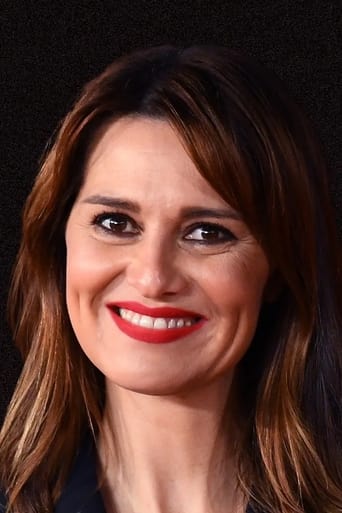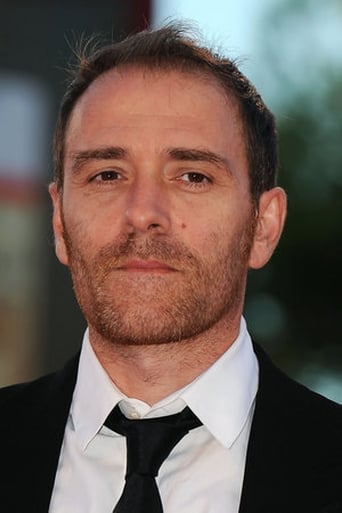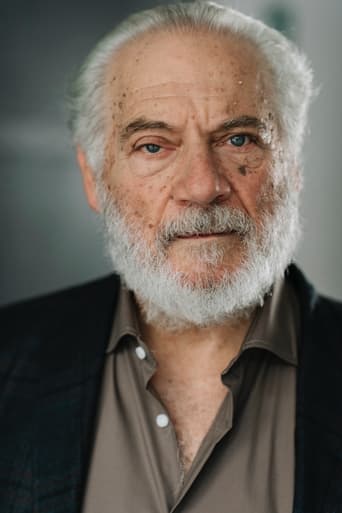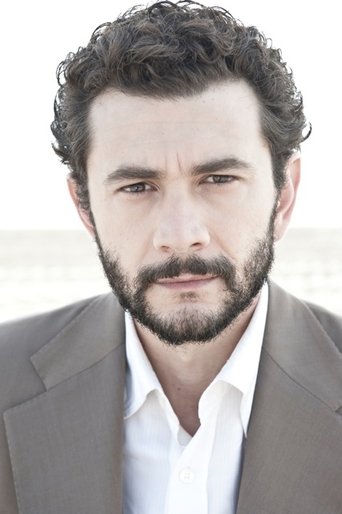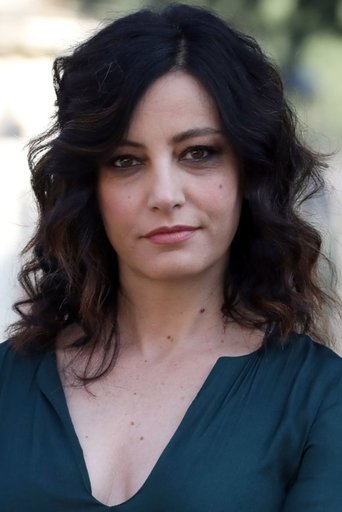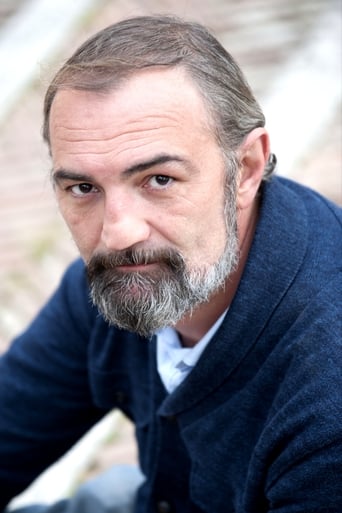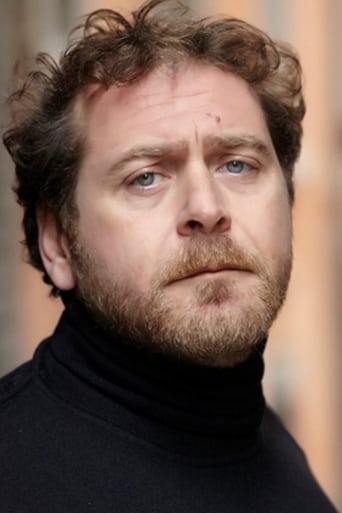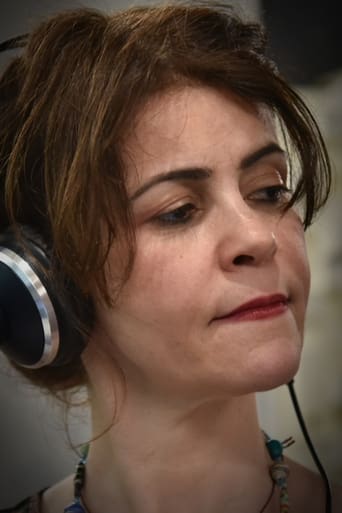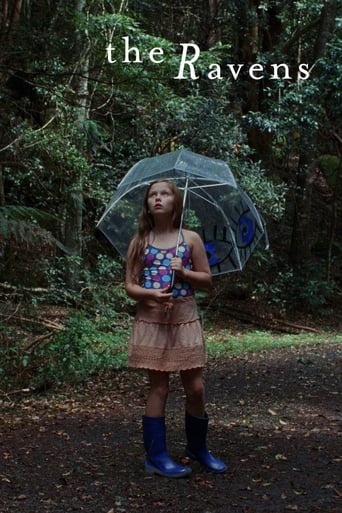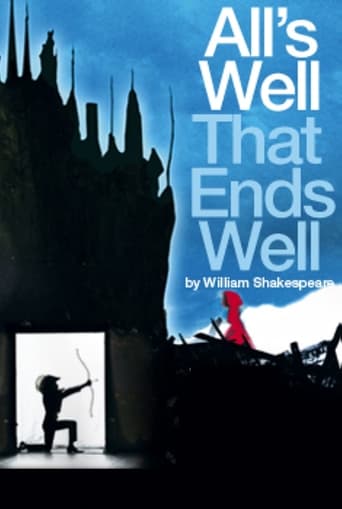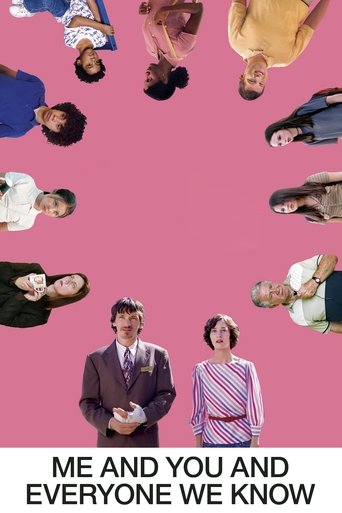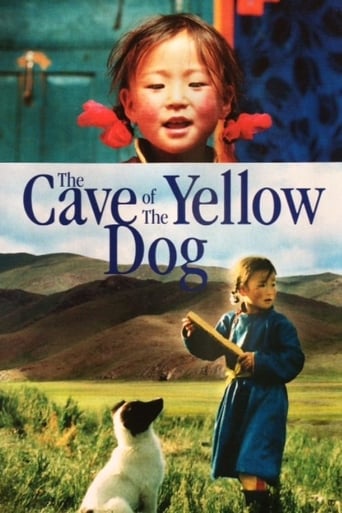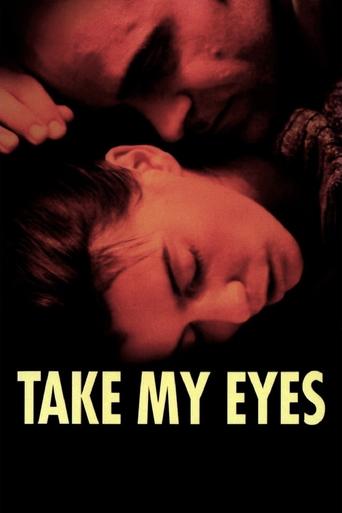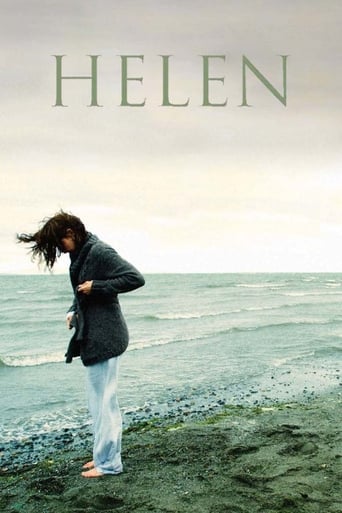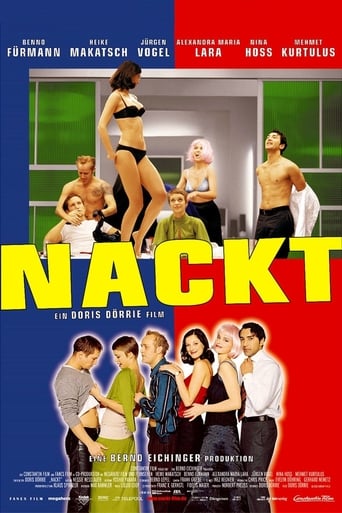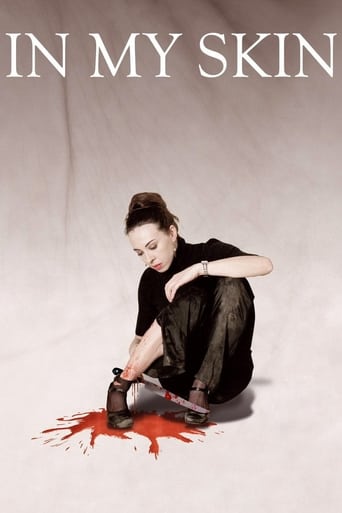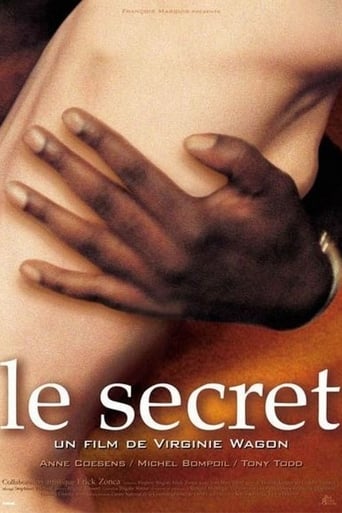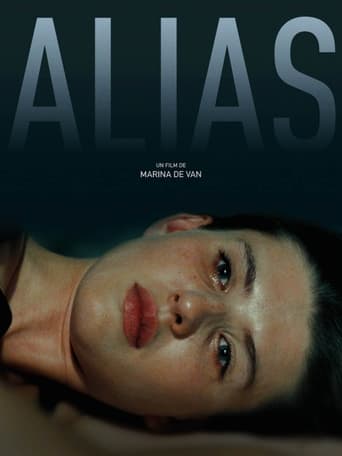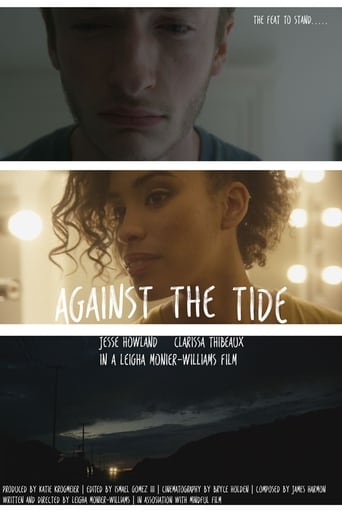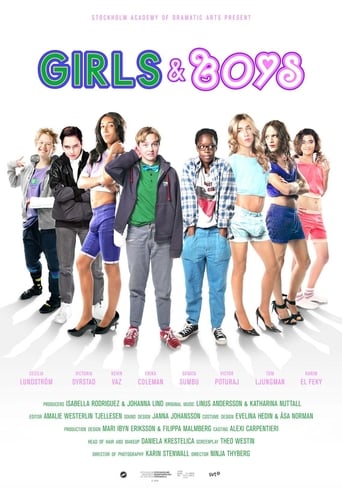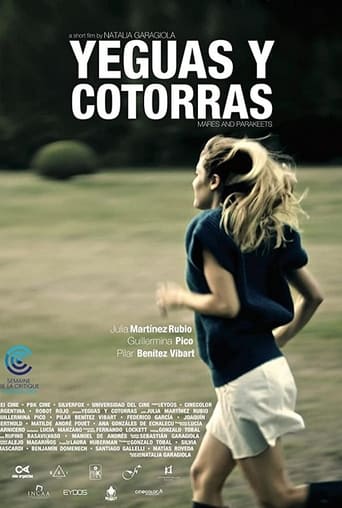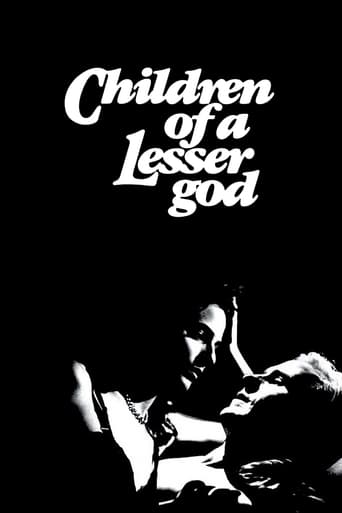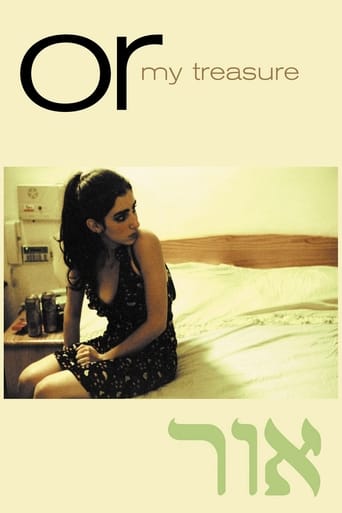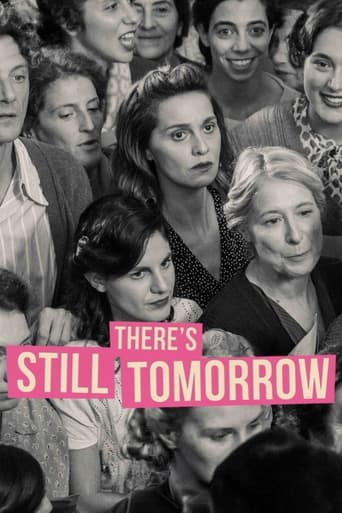
There's Still Tomorrow (2023)
In post-war Italy, the family of typical housewife Delia is in turmoil over the impending engagement of beloved firstborn Marcella. The arrival of a mysterious letter, however, will ignite Delia's courage to face her abusive husband and imagine a better future.
- Francesca Polic Greco
- Paola Cortellesi
- Furio Andreotti
- Furio Andreotti
- Paola Cortellesi
- Paola Cortellesi
- Giulia Calenda
- Giulia Calenda
Rating: 8.147/10 by 1241 users
Alternative Title:
هنوزم فردایی هست - IR
Jutro będzie nasze - PL
Siempre nos quedará un mañana - MX
Country:
Italy
Language:
English
Italiano
Runtime: 01 hour 58 minutes
Budget: $9,000,000
Revenue: $49,245,771
Plot Keyword: woman director, female empowerment, 1940s, abusive husband, women empowerment, pastiche, post-war italy, female director
This reminded me of one of those beautifully photographed post-war Vittorio De Sica stories with Sophia Loren. This time, it's the long suffering "Delia" (Paola Cortellesi) who is marred to the brutish "Ivano" (Valerio Mastandrea) and lives with their three children and her ailing father-in-law. The love has long since departed their marriage, and a few fleeting conversations with struggling garage-owner "Nino" (Vinicio Marchioni) fills us in on a bit of her own romantic backstory before she met "Ivano". Their elder daughter "Marcella" (Romana Maggiora Verano) is sweet on "Giulio" (Francesco Centorame) who's the son of a local and rather pompous café owner and his wife. "Delia" suspects, though, that any marriage between the pair would merely end up mirroring her own so resorts to some quite ingenious Sicilian tactics before focusing on the one thing that might offer her some sense of individual fulfilment. With the brutality becoming ever more regular, we see a woman who is resorting to desperate measures - but what exactly is she trying to achieve? What's striking about this is the way the violence is portrayed. The kids are always removed from the room and then it's a dance. Almost as if it were being portrayed on stage - and it's entirely effective. Cortellesi directs this too, but avoids falling into that trap of losing objectivity with her impassioned storytelling. It's the variety and spirit of the characters that offer us a touching look at family and community set against a backdrop of extreme chauvinism, political tensions and a little dark humour too. The monochrome presentation works really well and this really is worth a watch in the cinema if you can.

